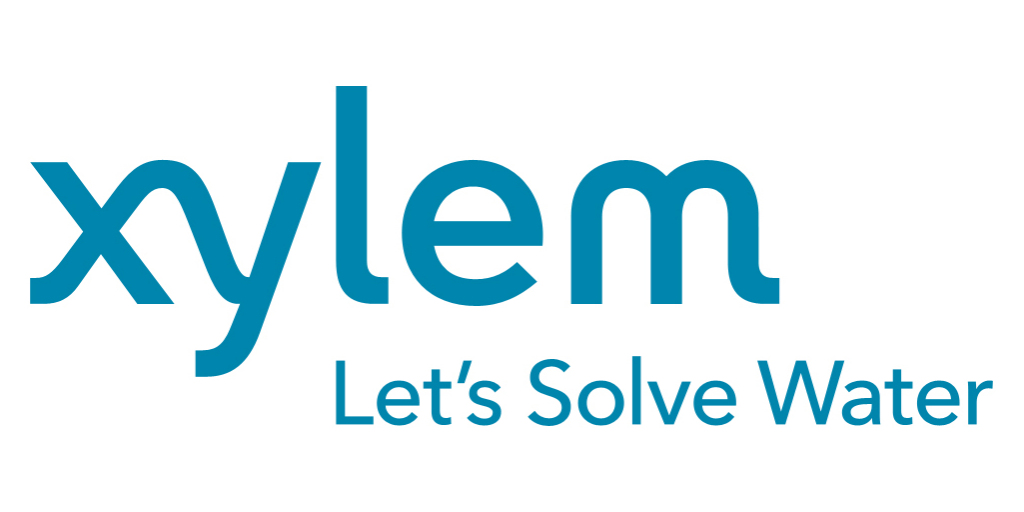Sign up for daily news updates from CleanTechnica on email. Or follow us on Google News!
College, despite what Jimmy Buffett had to say on the topic, is supposed to be a place that gives young people the information and skills they need to create successful careers. Part of that is educating them about the world they live in. Every institution of higher learning has certain educational requirements its students are expected to meet in order to graduate. The University of California San Diego has added an innovative prerequisite — a course in climate change — to “prepare students for the future they really will encounter.”
The courses students choose to meet this requirement must cover at least 30% climate-related content and address two of four areas, including scientific foundations, human impacts, mitigation strategies, and project-based learning. About 7,000 students from the class of 2028 will be affected this year.
“The most important thing is that UC San Diego wants to make sure we’re preparing students for the future that they really will encounter,” Sarah Gille, a physical oceanographer at Scripps Institution of Oceanography who was part of the committee that created the new plan, tells The Guardian. Gille says students are positive about the requirement, which aims to prepare them for future climate-related policies and career opportunities.
The requirement won’t add any time to a student’s graduation schedule. It is designed to be integrated into existing classwork. Some of the forty courses that students can choose from to meet the requirement include The Astronomy of Climate Change, Gender and Climate Justice, Indigenous Approaches to Climate Change, and Environmentalism in Arts and Media. Many of the classes that fall under the climate requirement overlap with courses that focus on diversity, equity and inclusion, UC San Diego says.
“We’re acutely aware as a society of how the climate is changing and how scary that can be, and that probably means that we need to implement some changes in how we do things,” says Gille. “If they’re thinking about the future, they need to be prepared for what the future might bring.” That could mean new opportunities in climate-adjacent fields such as carbon accounting or civil engineering with a climate focus.
Gille says she can stand in front of a class and talk about what the world might look like in 50 or 100 years in terms of temperature increase or sea level rise — “a pretty demoralizing lesson” — but when she ties it to strategic decisions students can make about their own lives, and how to pursue opportunities in the future, “it can become an empowering lesson too.”
A wider rollout of climate change courses for graduation is possible across the entire University of California system, but UC San Diego is first focusing on its own plan. “The important thing for UC San Diego was to do what made sense for our campus and to see how this requirement is adopted,” Gille says. “If we can do something that’s bigger, we can potentially create a generation of college graduates who are better prepared for the future.”
Gen Z & Climate Change
The move mirrors a larger sentiment in society. According to a Marist poll this year, 85% of Gen Z students are very or somewhat concerned about the climate crisis. They are more likely to believe the climate crisis is caused “mostly by human activity” than any other generation. States from California to Connecticut and New Jersey are now requiring that kids learn about the climate crisis in grade school classrooms.
Arizona State University has also implemented a new sustainability requirement for graduation this year. Universities such as Columbia, Harvard, and Stanford are taking the climate focus a step further and have created entire schools devoted to the issue.
Marcello Ametrano, a communications major and marine science minor at UC San Diego, says that even as a non-science student, he’s interested in keeping up to date on the latest science. “It’s really opening my eyes to a lot of what’s going on right now, especially with Hurricane Milton, and why it’s so devastating. “Understanding the oceans is key,” he says. “The ocean is kind of saving us from it being so much worse, because it absorbs so much carbon dioxide. So it’s really important to understand the ocean because it directly relates to climate change and essentially what’s going on right now in Florida.”
There is little likelihood Florida will follow the lead of UC San Diego any time soon, not while Rabid Ron DeSantis is running his war on “woke” culture. Last week, he snarled that Florida would not lift a finger to respond intelligently to the twin impacts of Hurricanes Helene and Milton, which devastated large swaths of the Florida Gulf Coast. Many coastal US states are contemplating some form of “managed retreat,” in which rebuilding in vulnerable areas is restricted or prohibited. None of that “woke” nonsense for DeSantis, though.
“It is not the role of government to forbid them or to force them to dispose or utilize their property in a way that they do not think is best for them,” he said before adding that the demand to live in Florida can override the threat of natural disasters. DeSantis rose to power largely as a result of support from property developers in Florida. Any thought about the common good is simply foreign to his way of thinking.
Medical Schools Adding Climate Change To Curricula
Data from the Association of American Medical Colleges shows that out of approximately 150 medical schools surveyed each year, the share with information about climate change included in either a required or an elective course grew from 27% in 2019-2020 to 55% by 2021-2022, according to a November, 2023 report by US News.
“In just two years we’ve seen over a doubling of the number of schools that are telling us that they are integrating topics that are related to the health effects of climate change within their curriculum,” says Lisa Howley, senior director of strategic initiatives and partnerships for the AAMC. “We don’t usually see that pace of increase or adoption in other areas. It’s really encouraging to see that so much progress has been made, although there is still more progress to be made.”
The Takeaway
For those who are college students today, climate change will be the central focus of their lives. How appropriate, then, that universities like UC San Diego are taking steps to educate their students about climate change. It is not always the case at other schools, however. The Louisiana State University openly solicits financial contributions from oil and gas companies with the promise that if they give enough, they can choose which research areas get funded.
According to The Guardian, after Shell donated $25 million in 2022 to LSU to create the Institute for Energy Innovation, the university gave Shell license to influence research and coursework for the university’s new concentration in carbon capture, use, and storage. The LSU Foundation then used this partnership as a model to shop around to members of the Louisiana Chemical Association, such as ExxonMobil, Air Products, and CF Industries, all of which have proposed carbon capture projects in Louisiana.
The lesson is simple. If you want an education, go to a school like UC San Diego. If you want to be brainwashed, go to a school like LSU.

 Chip in a few dollars a month to help support independent cleantech coverage that helps to accelerate the cleantech revolution!
Chip in a few dollars a month to help support independent cleantech coverage that helps to accelerate the cleantech revolution!
Have a tip for CleanTechnica? Want to advertise? Want to suggest a guest for our CleanTech Talk podcast? Contact us here.
CleanTechnica uses affiliate links. See our policy here.
CleanTechnica’s Comment Policy




